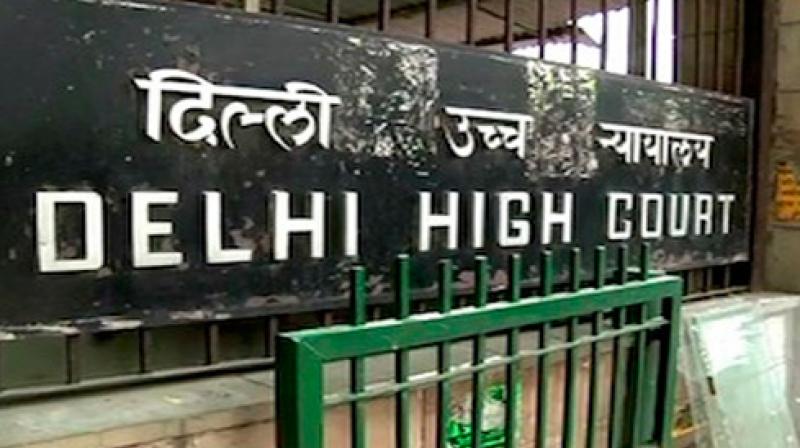New Delhi: The Delhi High Court on Friday sought the Central government’s response on a plea seeking implementation of the Uniform Civil Code in the country to promote unity, fraternity and national integration.
The public interest litigation (PIL) was filed by Bharatiya Janata Party (BJP) leader and advocate Ashwini Kumar Upadhyay. A Division Bench of Chief Justice Rajendra Menon and Justice Brijesh Sethi listed the matter for hearing on July 8.
In his plea, Upadhyay sought direction to the government to constitute a judicial commission or a high level expert committee to draft within three months the Uniform Civil Code in the spirit of Article 44 of the Constitution, while considering the best practices of all religions and sects, Civil Laws of developed countries and international conventions.
He also sought direction to publish the draft on a government website for at least 60 days to allow for extensive public debate and feedback.
The PIL sought direction to the Law Commission of India to draft the Uniform Civil Code. It also sought direction to the government to secure gender justice, gender equality as well as the dignity of women.
In his plea, Upadhyay said: “The objective of Article 44 is to introduce a common civil code, which is essential to promote fraternity, unity and national integration. It proceeds on the assumption that there is no connection between religion and personal laws in a civilised society.”
He asserted that the Constitution guaranteed freedom of conscience and of religion, while divesting religion from personal laws and social relations and from laws governing inheritance, succession and marriage, just as it has been done even in the Muslim Countries like Turkey and Egypt.
“The object of Article 44 is not to encroach upon religious liberties guaranteed under Article 25,” the plea said.
Upadhyay added that the several enactments, which had been made by Parliament since Independence on marriage, succession, adoption and guardianship, related only to Hindus (including Budhists, Jains and Sikhs) in the name of the Hindu Code.
He argued that these enactments excluded Muslims, who were the major slice of the minority communities and who most vociferously objected to framing a common civil code for all citizens of India.
[source_without_link]IANS[/source_without_link]

